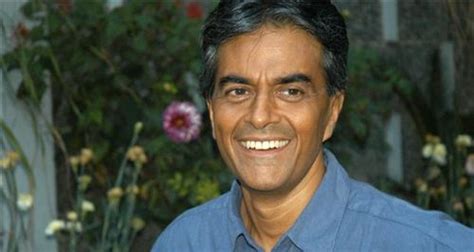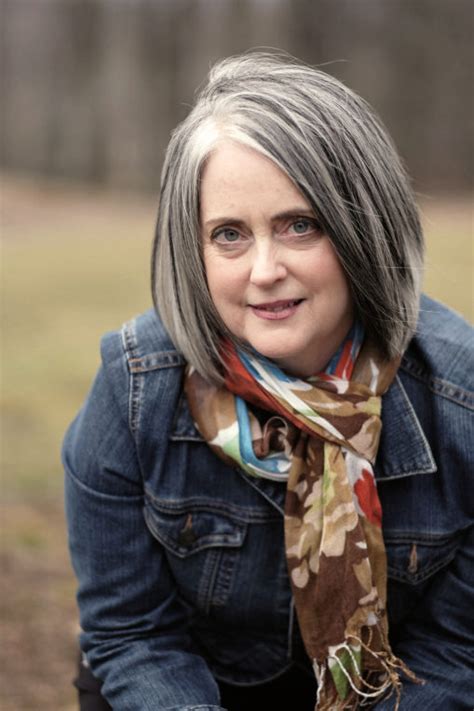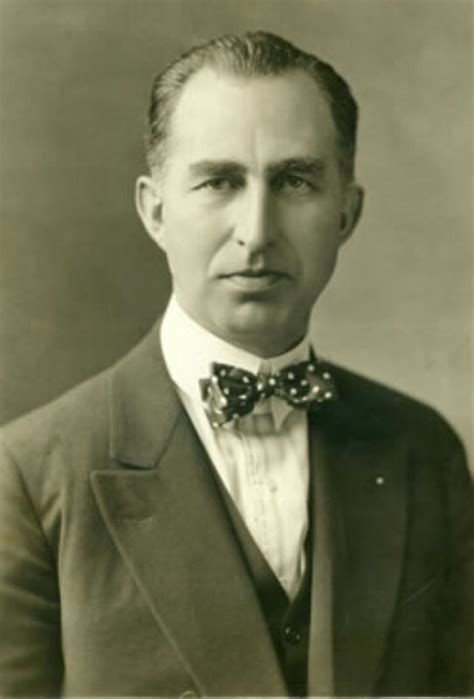A Quote by Upamanyu Chatterjee
I need to have some depth in my characters. That's why they are all Bengalis. I can't imagine writing a book with someone called Saxena as the hero.
Related Quotes
I Need a Good Book I need a good story. I need a good book. The kind that explodes Off the shelf. I need some good writing, Alive and exciting, To contemplate all by myself. I need a good novel, I need a good read. I probably need Two or three. I need a good tale Of love and betrayal Or perhaps an adventure at sea. I need a good saga. I need a good yarn. A momentous and mightily Or slight one. But with thousands and thousands And thousands of books, I need someone to tell me The right one. -John Lithgow
For me, a story begins with music: I feel the rhythm, the cadence, the pulse of the characters and their voices and the setting. Because I had just finished writing a book called 'Black Potatoes: The Story of the Great Irish Famine,' I was already filled with the music of the lives and culture of the Irish people, so I thought, why not use it?
Writers often like to talk about how intuitive the writing process is, but in truth, building a book is a remarkably unintuitive task. Or, to put it more accurately, you need a lot more than intuition. You need plot and characters. You need a setting. You need a theme that is relevant and supported by your text.
Yeah, unfortunately [ films like Miss Julie are a dying breed]. And that is sad, because we need these. Like we need books, we need classical music, we need ballet, we need opera, to remind us really of who we are and why we are, and we need in movie houses - even to be in a movie - where you sit and see not only excitement and man-hero, woman-hero, you need quietly, just like that Hawking movie we talked about, to know how people overcome.
So the fact that there's someone who's planning what happens to the characters, writing it down, means that the characters always have a fate. And when we think about fate, we tend think of it as the thing we would have if we were literary characters, that is, if there were somebody out there, writing us.



































